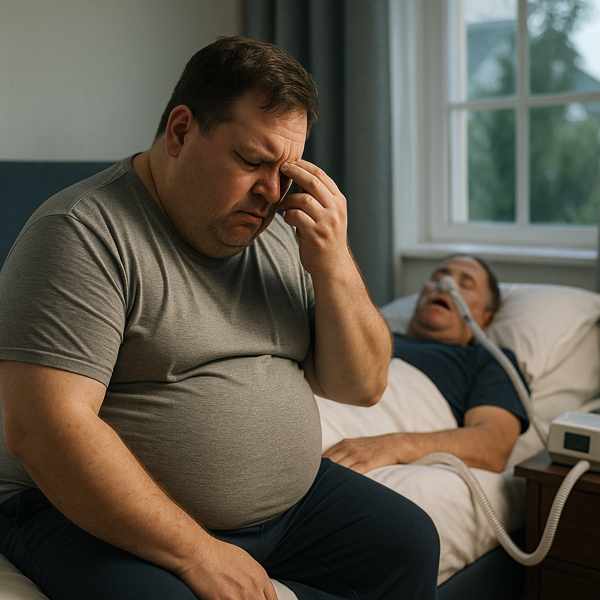Does Losing Weight Help with Sleep Apnea?
Does Losing Weight Help with Sleep Apnea?
Blog Article

Sleep apnea is a serious sleep disorder that affects breathing during rest.
While not always a complete cure, weight loss often lowers the impact of sleep apnea significantly.
Understanding Sleep Apnea
Sleep apnea occurs when breathing repeatedly stops and starts during sleep.
Common symptoms include:
- Loud snoring
- Interrupted breathing patterns
- Excessive daytime tiredness
- Signs of disrupted oxygen flow
Why Excess Fat Matters
Fat deposits in the throat may narrow the airway, making it more likely to collapse.
Key risk factors include:
- More weight increases OSA risk
- Fat around the neck and jawline
- Can contribute to airway collapse
Is It Possible to Eliminate Symptoms Naturally?
In many cases, losing weight can dramatically reduce or eliminate sleep apnea symptoms.
Possible benefits of weight loss:
- Less airway obstruction
- Reduced risk of waking up during sleep
- Less need for CPAP machines or surgery
- Feel more rested and alert
However, weight loss may not cure sleep apnea in all cases — especially if anatomical issues or severe OSA are present.
How Much Weight Loss Is Needed?
Studies show that losing just 10% of body weight can reduce OSA severity by up to 50%.
Tips:
- Focus on progress, not perfection
- Combine diet and exercise
- Track your sleep changes
Healthy Ways to Lose Weight for Sleep Improvement
Effective strategies:
- Eat a balanced, whole-food diet
- Exercise regularly (cardio + strength)
- Sleep on your side
- These relax throat muscles and worsen apnea
Working with a nutritionist or sleep specialist can provide more personalized support.
When Weight Loss Isn't Enough
While weight loss is helpful, it may not fully resolve sleep apnea for everyone.
- Keeps airways open at night
- Oral appliances
- Surgery in severe cases
Is Weight Loss the Answer?
For those whose apnea is linked to weight, shedding pounds is often a powerful, non-invasive solution.
Talk to your healthcare provider, make informed decisions, click here and take proactive steps toward better health and rest. Report this page